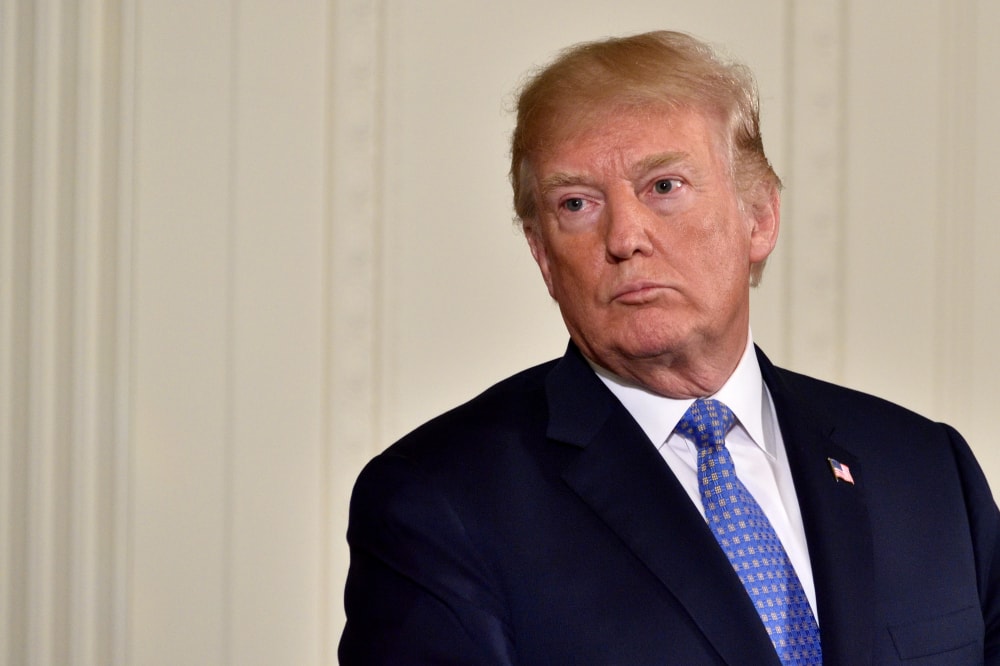As FSOC rethinks SIFIs, will any nonbanks remain on the list?
Alex Pollock, a senior fellow at the R Street Institute, agreed a resolution will be a top priority in the coming year. The council will soon have a majority of Trump appointees as voting members, and if that was the reason why it had not withdrawn the appeal to date, there will soon be no impediments to withdrawing, he said.
“I don’t know why they’ve delayed,” Pollock said. “It may be that they want to formally pass it through the FSOC. That has to be on the agenda, and that would be a good New Year’s resolution.”
[…]
Pollock said that, in addition to de-designating the remaining insurance firms as SIFIs, the council should also consider assigning SIFI designations to two new firms: Fannie Mae and Freddie Mac. The government is already providing an explicit backstop to the two firms after seizing them and putting them in conservatorship nearly a decade ago. That should make it clear they constitute a systemic risk, according to Pollock.
“It’s amazing, because it’s so obvious that they are,” Pollock said. “That’s my recommendation to them: They should take it up forthwith, and it’s a really easy decision.”
The idea of having FSOC designate Fannie and Freddie is not new – Pollock even floated it in these pages nearly four years ago – but it is an idea that has yet to gain traction within the Trump administration. The Treasury’s bank regulatory blueprint made a point of sidestepping housing finance reform, which it said would be tackled in a subsequent report.
[…]
Pollock said that the OFR has always been looked on somewhat jealously by the Treasury. In the process of drafting of Dodd-Frank, various ideas were considered on what form the agency should take, ranging from a completely independent organization to an arm of Treasury to an arm of the Department of Commerce.
Ultimately policymakers decided on the quasi-independent status that the OFR has today, but if the agency is folded into Treasury it would beless likely to present the kinds of datathat the FSOC could use to stop a future crisis from getting out of hand.
“If you wanted OFR to be actually an objective, intellectual operation calling them as they see them, it’s hard to do that from inside the treasury Department,” Pollock said. “You can debate whether you want such an independent agency; I actually think it’s a good idea.”








